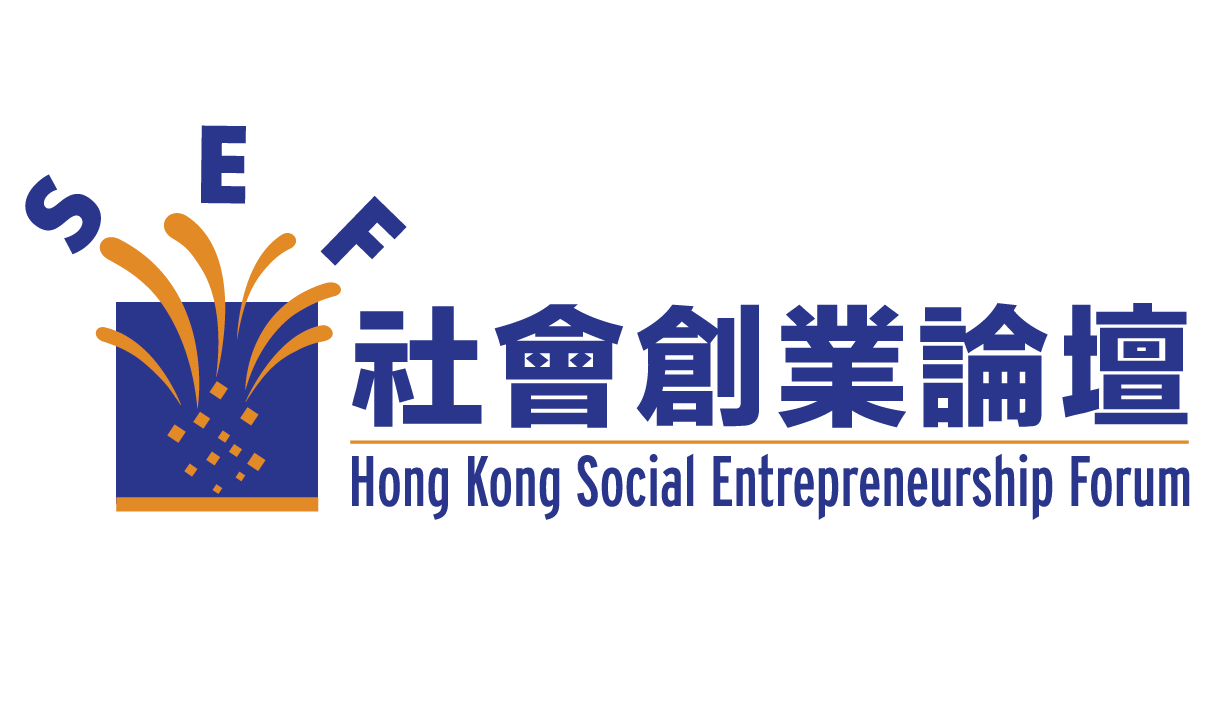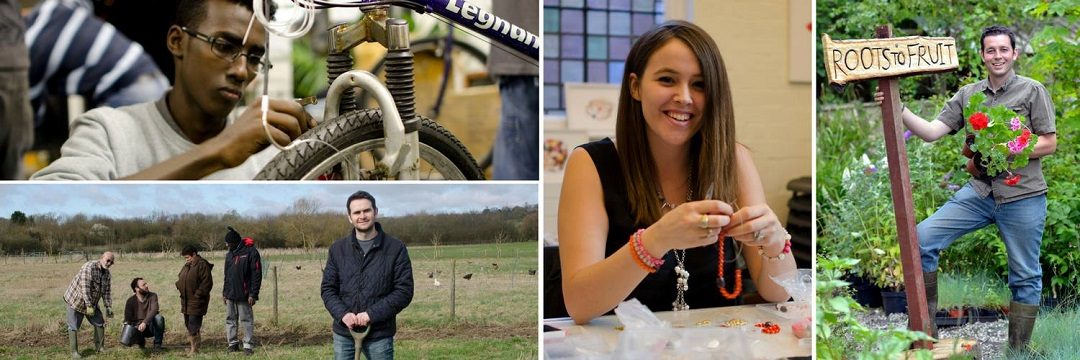Edited by Dr KK Tse
London School for Social Entrepreneurs
- Can social entrepreneurs be trained?
- How could we identify potential social entrepreneurs?
- How could we increase the number of social entrepreneurs in the society?
- What motivates an individual to become a social entrepreneur?
- What keeps a social entrepreneur going against all odds?
- What does a social entrepreneur get in return?
- How could we increase the success rate of social entrepreneurial initiatives?
- How could social entrepreneurs learn from business entrepreneurs?
- How could social entrepreneurs learn from each other?
- Who are the best persons to facilitate the development of social entrepreneurs?
- How could we systematically support social entrepreneurs at different stages of their development?
- What are the most critical support social entrepreneurs need to start off a social entrepreneurial venture?
These are intriguing questions, and they defy simple answers. One organization that has systematically tried to seek answer to these questions through actual practice is the London-based School for Social Entrepreneurs.
Not a Conventional School
The School for Social Entrepreneurs does have a campus, but there are no classes or lectures. The School does not provide ‘training’ in the conventional sense, but the students learn a lot through sharing, networking, coaching, mentoring, tailored skills development, and real life projects.
Perhaps the most distinctive feature of the School is their criteria for enrollment. Applicants to the School’s 12 month-long program require no academic qualifications; all they need is an idea or project that they would like to realize. During the application process, they have to demonstrate three things: 1) that they are passionate about the idea or project; 2) that the idea or project when realized would have a positive impact to the community; and 3) that they are ready to commit a substantial amount of time and effort in the project, regardless of whether or not they currently have a full time job.
This self-selection process ensures that those admitted to the School’s program are all self-motivated to learn and to make a difference. They are not nominated or ‘sent’ there by any organizations, NGOs or otherwise. This positive motivational element is a critical factor underlying the program’s success.
One-year Program
During the 12-month program, the students spend half a day each week at the School. They are assigned to different tutors who guide, coach, facilitate and support the student to work through their projects. At the early part of the program, there are collective sessions in which the students present the project idea, listen to the critique of fellow students, sharpen their focus or refine their ideas, debate the social value and relevance of the project, identify challenges and obstacles in implementation, assess financial viability, serve as mutual focus groups, etc. Then they go away to develop their own action plans with the help of the tutor and any other sources of support, inside or outside the School, that they can lay their hands on. At different stages of the program, the student share among themselves the progress (or the lack of it) of their projects.
The tutors do not ‘teach’ as such, but work one-to-one to support the students. The tutors as a group also try to identify specific skills that the students need to develop (such as marketing, basic accounting, etc) and organize individual or group sessions on such topics. Basically, their mission is to provide support to the students in whatever ways imaginable to ensure the latter could successfully launch their projects before the end of the program. This is the gist of the socalled Action Learning Approach.
Founded by Lord Young
The School for Social Entrepreneurs was founded seven years ago by the late Lord Young who was himself an exemplary social entrepreneur. In fact, he was generally regarded as the most respected social entrepreneur in the English-speaking world. He helped founded the Consumer Association, the Open University, and over 40 other social organizations.
The most critical asset of the School is a team of professional, dedicated, unconventional tutors who have educated and trained themselves as expert facilitators of the action learning process for aspiring social entrepreneurs. They came from diverse background: business, public service, non-profit sector, the professions and are now full-time tutors at the School, supported by part-time staff as well as a rich network of businesspersons, civil servants, and professionals who are ready to contribute to the learning process of the students. All the graduates are Fellows of the School and are an important source of motivation and support for current students.
Regional Schools
The School has become so successful that there are now seven regional schools throughout the UK, in Scotland, Devenshire, Northern Ireland, etc. The rationale for having regional schools instead of one big central school is simple. The School’s mission is to support students to start a project for their community so it makes sense for the student to stay close to the community while doing the study. Also the nature of Action Learning requires close tutor-student contact and leverages of local network and resources. All these would hardly be possible if all students are concentrated in one national center.
The School’s success has attracted international attention and the first School for Social Entrepreneurs outside Britain is likely to be in Sydney, Australia.
Who Funds the School?
The School has an innovative finance model. The School’s major expenses consist of campus rental costs, salaries for tutors and administrative staff, and payment for external services, such as part-time tutors/instructors, consultancies, visit-related cost, etc. It works out to be a rather substantial sum. But the School is able to financially self-sustaining. Basically they charge a rather high tuition fee for all students. The innovative part is what makes it possible for all students to afford it.
Here is how it works: as part of the learning for the students, they are taught the arts and science of fund-raising; and to make the learning real, the students undertake fund-raising projects in the course of the program to raise funds for the following year’s students. So every year the students can afford the high tuition fee because of the effort of the students of the previous year, and they will do the same to ensure the students of the coming year will benefit from their own fund-raising effort this year.
Food for Thought:
- What are the most valuable insights from the School for Social Entrepreneurs?
- Do you think this mode of learning can really lead to social entrepreneurship?
- Would a School for Social Entrepreneurs work in Hong Kong?
- Would you recommend anyone to such a school?
Header Image from School for Social Entrepreneurs’ Facebook

